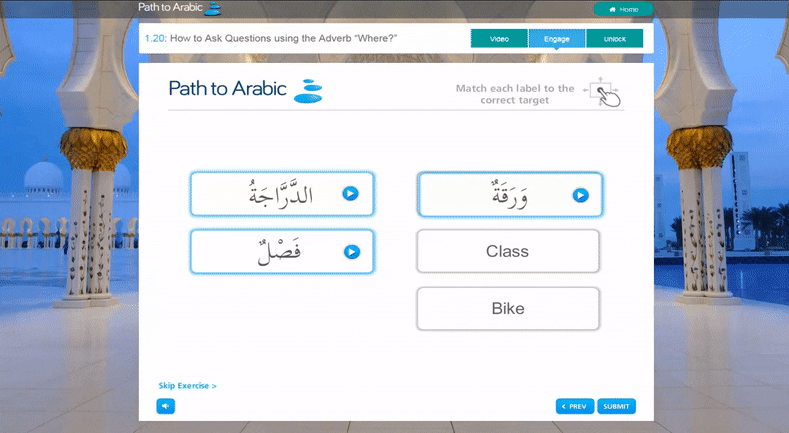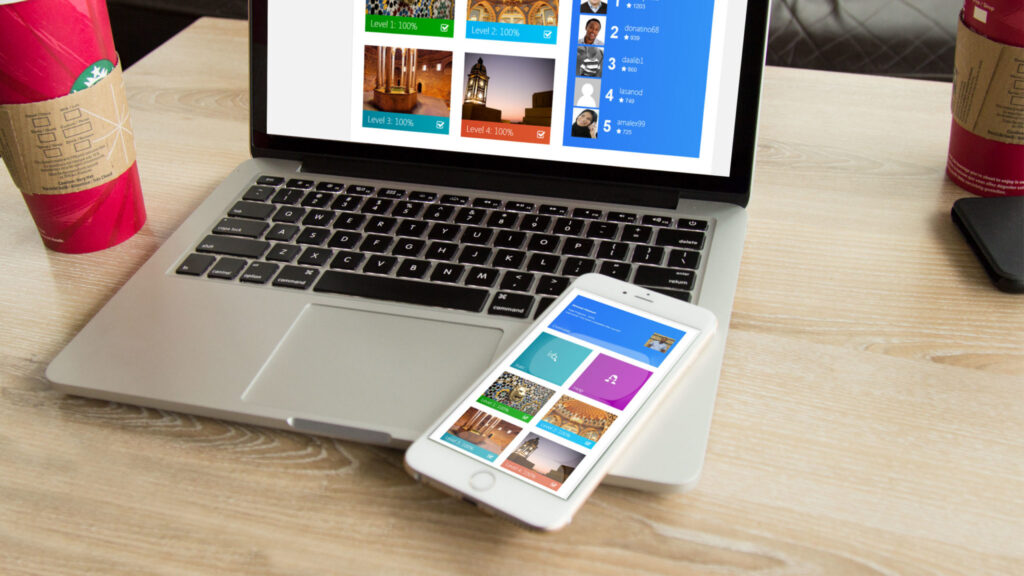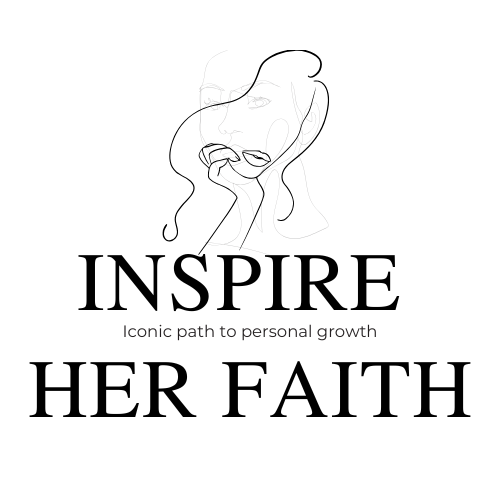I was raised in East Africa, where Arabic is the official language. In traditional households like the one I grew up in, we often lived with some relatives. Naturally, I learned through relatives and family members. I grew up as the black sheep of the family, developing a unique personality early on.
My mom has explained to me how I could utter multiple different words and pick up on so much from the adults around me. She also told me that I could walk from around nine months old.
I attended Quran school (madrassa) from the moment I could speak and understand Arabic. Along with my peers, we gathered knowledgeable information about the language and also memorized the Quran. Reflecting on this to this day is amazing.
At school, I loved to hang out with my peers and talk with them. My teacher wasn’t my favorite; you can read more about the teacher from hell in this article (link).
However, I enjoyed the fact that I could learn and be taught valuable lessons each day. The knowledge I gained was mainly Arabic teachings and Quran Tafseer (meaning of the verses).
I can vividly remember the times my mom would get me ready for school with my little blue and white uniform, packing my bag, and then walking me there. Amazingly, I didn’t need relatives or my mom to take me to school every day as most parents would.
We didn’t live far from the school, so sometimes I would walk there by myself and enjoy it. I remember these walks so well. They were nice and calming, safe and undisturbed. I used to love it. I believe this is where I learned how important alone time is and how I fell in love with being alone.
The days that I walked by myself as a 3-4-year-old, I used to think about everything that surrounded me: the sand-covered streets, the yellow saturation around me, the cars I would see every now and then, and all the kids and families around the neighborhood. I guess I people-watched along my journey to school.
Reconnecting with Arabic, My goal of Relearning the Language
As a child, Arabic was an integral part of my upbringing, woven into the fabric of daily life in East Africa. However, when my family relocated to Scandinavia, the familiarity of Arabic began to fade so much.
We started school in Scandinavia and shortly after, learned the official language of the country. At first, it didn’t disturb my Arabic as my parents made sure to only communicate with us in Arabic in our home. Thankfully.
In second grade we also began learning other languages in addition to the country’s official language. Just like when we first arrived to the country, I didn´t forget Arabic.
However, after I moved out of my family home, I started to forget Arabic because I didn’t speak it as much as I used to with my family. This led to a somewhat forgetful teenage phase, which was unfortunate, but I believe everything happens for a reason.
Now, as an adult, I am eager to relearn Arabic. Benefits of learning Arabic are endless in my case. I want to take you along the journey with me where we can learn Arabic through courses the next upcoming months.
Importance of learning Arabic is simply; I want to communicate with my family exclusively in Arabic and understand my relatives in my homeland properly since I regularly communicate with them.
Most importantly, I want to read, write, and understand the Quran again. Arabic language for Quran reading will be my next big goal of the following year through online Arabic courses.
It is more meaningful and recommended to read and understand the Quran verses, as there are great rewards for it. Also, I want to improve my Salah by memorizing new verses, and it is indeed easier to remember and memorize them when you know the language both verbally and in writing.
In Surah Yusuf (12:2), the Quran states,
“We have revealed it [the Quran] in an Arabic Quran so that you may understand.”
This indicates that the Arabic language is important for understanding the Quran and Islamic teachings.
Unlocking the Beauty of Arabic, Mastering the Language for Meaningful Prayer and Cultural Connection”
The moment I realized the significance of Arabic to me personally was when I struggled to comprehend the words I recited during Salah. This is a crucial issue. As Muslims, it’s essential to grasp the meaning of each verse and word throughout our prayers.
The prevalence of Muslims who lack understanding of their prayers is concerning. I am not generalizing, just noting from what I have noticed on social media. It’s incumbent upon us to learn; as adults, we must invest the effort to reacquire what we were taught in childhood.
As a native Arabic speaker who suddenly forgot the language, it was quite embarrassing at first. However, I’ve come to accept this and recognize valid reasons behind it. Instead of dwelling on embarrassment, I can simply go on the journey of relearning. There’s absolutely no shame in that!
Furthermore, Arabic is a profoundly beautiful language with captivating meanings. It’s a widely spoken language that has sparked interest in the West, resulting in a demand for effective online courses and learning platforms.
I’m delighted to have discovered this website, which offers exceptional resources for gracefully mastering the language. With its comprehensive materials and beginner-friendly setup, it provides an ideal starting point for anyone eager to learn Arabic.

Source: Path to Arabic
Choosing the Right Platform for Learning Arabic
Tailored Arabic Learning, Choose Your Level, Excel Your Skills!
I’ve discovered a platform offering three levels of learning packages: Starter, Premium, and Masterclass. Each is tailored to individuals based on their existing knowledge before signing up for the courses.
For instance, if you’re verbally fluent, you can focus more on writing and vice versa. In my case, the Premium or Masterclass options suit me best. I’m inclined towards the Premium package because the only difference is the availability of a dedicated study mentor.
Personally, I don’t require a study mentor as I’m a fast learner, Alhamdulillah. Also, all my family members speaks great Arabic and my parents knows how to write too. It would be nice though to get to know new people through a course like this as it will increase knowledge better and more efficient. Oh and you can also get new international friends!
They would naturally help me improve as I am studying. I do recognize the value of having a mentor available whenever needed. For now, I’m opting for the Premium package.

In my search to relearn Arabic, I went on Google for the most suitable learning platform. After considering various options, I opted for Path to Arabic, attracted by its positive reputation, affordability, and user-friendly interface.
Unlike the inconvenient logistics associated with relocating for intensive language courses, Path to Arabic offers a convenient and flexible solution, enabling learners to study from the comfort of their homes without the hassle of visas or housing concerns.
For fellow language enthusiasts going on their Arabic learning journey, I recommend exploring Path to Arabic through my affiliate link Path to Arabic .
This platform offers a comprehensive array of interactive lessons, native speaker audio, and cultural insights to facilitate effective and enjoyable learning experiences. By utilizing my affiliate link, learners not only gain access to valuable resources but also contribute to supporting my ongoing language learning endeavors.
A Great Resource for Learners
As I continue my quest to master Arabic, I invite fellow learners to join me in exploring the richness of this language and its profound cultural significance. Whether reconnecting with familial roots, deepening religious understanding, or simply embracing the beauty of linguistic diversity, the journey towards Arabic proficiency offers endless opportunities for personal growth and enrichment.

10 Practical Tips to Learn a Language
Re-learning a language presents both challenges and rewards. Drawing from personal experience, here are practical tips to help you stay motivated and consistent in your language learning journey:
- Set Clear, Achievable Goals
-> Break down your learning objectives into manageable tasks.
-> Establish specific goals, like learning a set number of new words weekly or completing a lesson each day.
-> Celebrate small victories to maintain motivation. - Create a Consistent Study Schedule
-> Dedicate a set time daily to study, even if it’s just 15-20 minutes.
-> Consistency is crucial for retaining information and establishing a routine.
-> Utilize tools like calendars or reminders to track study sessions. - Immerse Yourself in the Language
-> Surround yourself with Arabic as much as possible by listening to music, watching movies, and reading books or articles.
-> Integrate Arabic into daily life, such as labeling items with Arabic names or practicing conversations. - Practice Speaking Regularly
-> Speaking is essential for language acquisition. Practice Arabic daily, even if it’s just speaking to yourself.
-> Find a language partner or join a language exchange group for conversational practice. - Use a Variety of Learning Resources
-> Explore different materials like apps, online courses, textbooks, and flashcards.
-> Diversifying resources keeps learning engaging and well-rounded. - Keep a Language Journal
-> Record new words, phrases, and sentences daily.
-> Reflect on progress and note any challenges for review.
-> Write down every new word that you learn.
-> Write sentences with the words you have learned repetitively.
- Stay Positive and Patient
-> Understand that language learning takes time and effort. Embrace mistakes as part of the journey.
-> Maintain a positive attitude and remind yourself why you’re re-learning Arabic. - Engage with the Culture
-> Enhance learning by exploring Arabic culture through cuisine, festivals, traditions, and history.
-> Use social media to your best advantage. Set your algorithm right by implementing new voices and sounds while engaging with Arabic native speaking influencers for example. - Take Advantage of Language Learning Platforms
-> Use structured platforms offering interactive lessons and feedback. For example, Path to Arabic provides comprehensive tools (available through my affiliate link Path to Arabic ). - Practice with Your Pen (BONUS)
-> I use this technique the most. It has been scientifically proven that when you write by hand with pen and paper, something will happen in the brain that connects these characters on paper more easily. Thus causes you to memorize what you are learning better.
By following these tips and staying committed, you can make steady progress in re-learning Arabic. Each step forward brings you closer to your goal, so keep pushing yourself.

Conclusion: Encouragement for Fellow Learners
Re-learning Arabic has been challenging yet rewarding. For those on a similar journey, I offer encouragement:
Embrace the journey of language learning as it is akin to a marathon, where each step forward should be celebrated and setbacks should be seen as opportunities for growth. Acknowledge even the smallest victories to keep your motivation high. Stay consistent with regular practice, always remembering the reasons that drive you. Connect with others to find support and practice opportunities within a community of learners. Enjoy the process by finding joy in learning through various mediums. Finally, appreciate the benefits of re-learning Arabic, as it offers cognitive, cultural, and personal growth opportunities.
In conclusion, re-learning Arabic has enriched my life, and I hope this article inspires others to go on their language learning journey. Whether reconnecting with heritage or exploring a new language, the journey is worth every effort.
Jazakallah Khair
Suggested reading: Consistent Prayer Habits: 5 Easy Steps to Never Miss a Prayer Again
Disclaimer. This post may contain affiliate links to a few services that I use and recommend. If you click on one of these affiliate links and make a purchase, I may be paid a small commission, at no additional cost to you. Thanks for your continued support.



